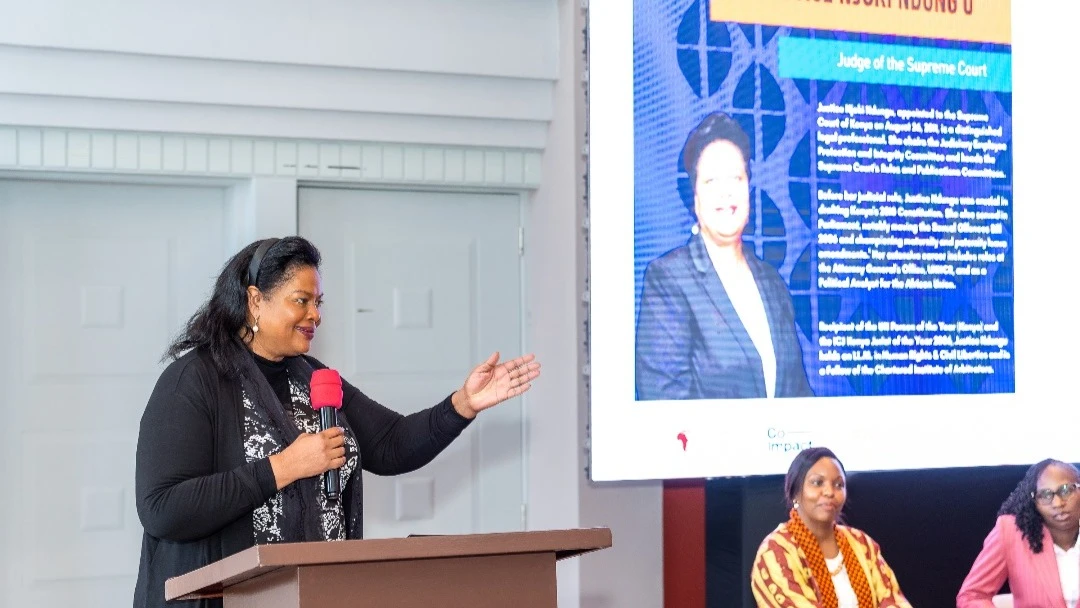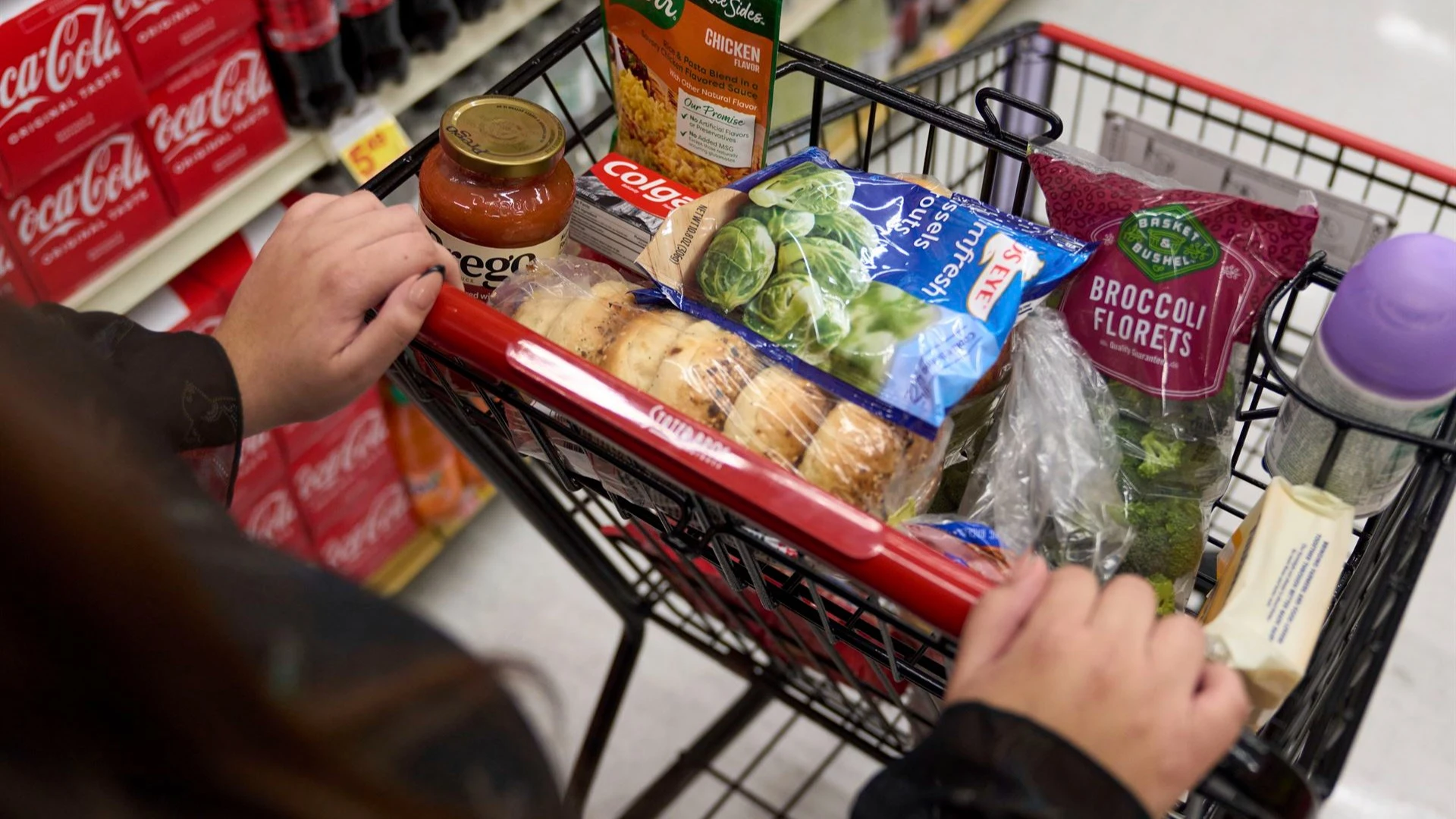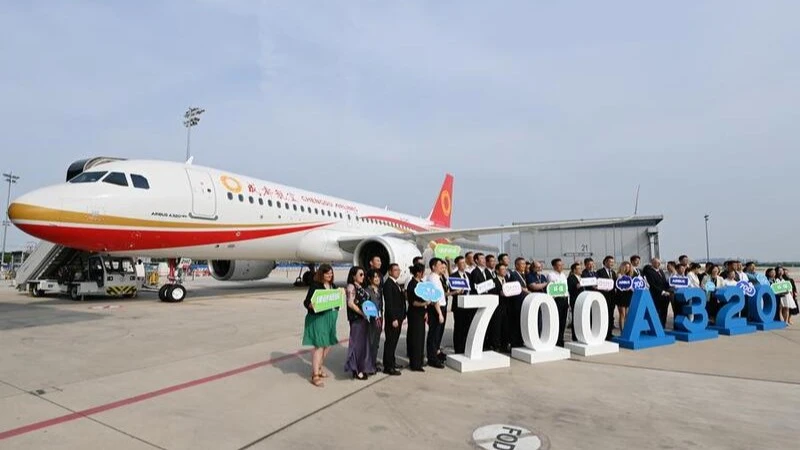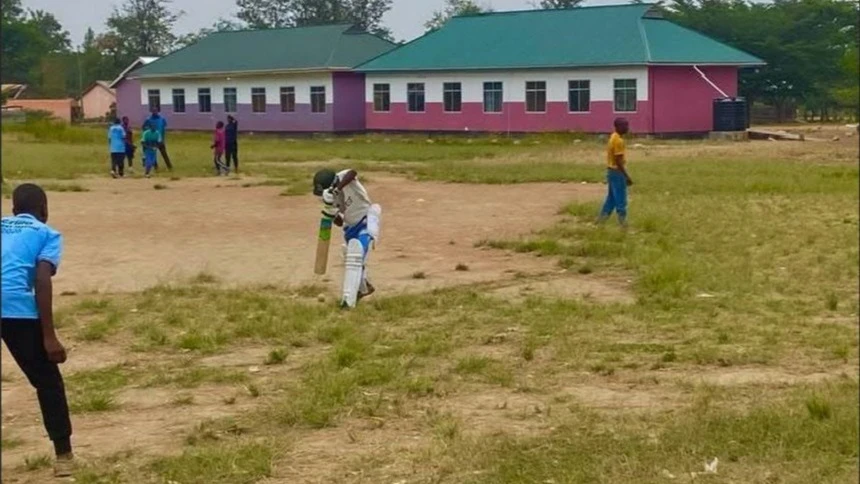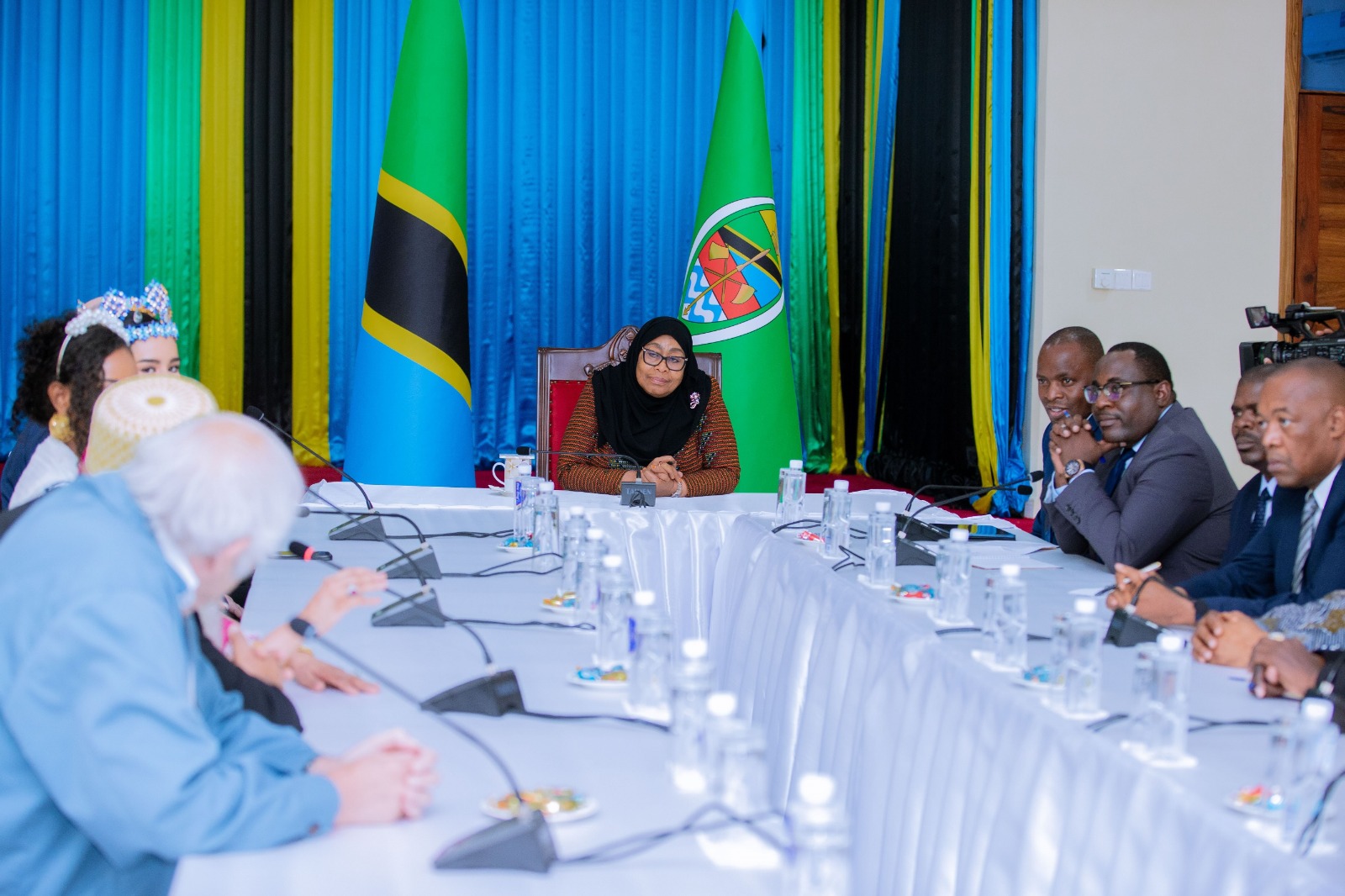Smallholder farmers embrace value addition to increase yields, incomes
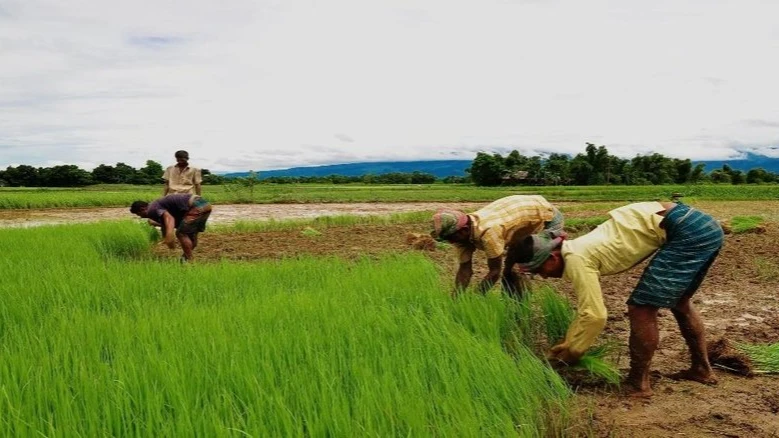
HUNDREDS of smallholder farmers in Kondoa and Chemba districts, Dodoma Region, have redefined agriculture by embracing entrepreneurship as a path to sustainable income and economic independence.
With support from INADES-Formation Tanzania (IFTz) and Germany’s Bread for the World (BftW), smallholder farmers are being trained to process and add value to their produce, turning everyday crops like sunflower, sorghum and groundnuts into profitable products.
The initiative not only aims to increase household incomes but also to promote agri-business and reduce dependency on seasonal subsistence farming.
IFTz has been working in Potea, Sambwa, Waida, Mauno, Keikei, Daki, Isini, and Sarare villages to equip farmers with entrepreneurship skills through Village Savings and Loan (VSL) groups. These groups provide a platform for both financial literacy and hands-on skills trainings that help farmers diversify their sources of income, especially during off-seasons.
According to Rajabu Rajabu, IFTz’s Project Officer for Community Health and Gender, the organization is committed to helping farmers develop both on-farm and off-farm income-generating ventures. During a recent training session at Potea Village, Rajabu explained the importance of using local resources to create value-added products.
“We teach farmers how to make items like shoe polish and body oil using simple ingredients such as cooking oil, colour, perfume and custard oil,” he said. “These are small but impactful innovations that allow them to tap into local markets with products made from crops they already grow.”
He emphasized that entrepreneurship is essential if farmers are to unlock the full potential of their agricultural activities. “Beyond farming, they must understand how to manage finances, access markets, and calculate profit margins. These are fundamental skills for any agri-entrepreneur,” Rajabu noted.
The practical results of the initiative are becoming increasingly visible. Halima Nyeresa, a local entrepreneur and facilitator at the event, shared her experience of turning knowledge into opportunity.
“Thanks to training from IFTz and the Small Industries Development Organization (SIDO), I started small-scale processing activities,” she said. “Now, I can comfortably provide for my family and send my children to universities.”
IFTz Managing Director, Mbarwa Kivuyo, said the organization’s broader mission is rooted in the belief that agriculture must be approached as a business.
“Farmers need to know how to price their goods, find markets and meet the quality standards required,” he explained. “We help them think beyond just harvesting and look at the entire value chain from farm to market.”
Top Headlines
© 2025 IPPMEDIA.COM. ALL RIGHTS RESERVED









